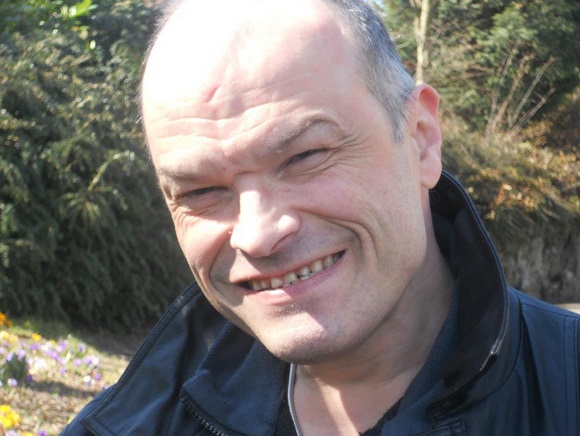Two words have recently crept into our sector vocabulary, co-production and user led. This is where I have to be quite clever and tread carefully, as business wise it takes years to build a reputation and a matter of seconds to destroy it. A lot of disabled professionals similar to me suggest that future service development of personalisation should be with 90% if not 100% designed by disabled architects. I admittedly struggle with this notion, in fact, this view reminds me of George Orwell's famous novel "Animal Farm" with its "4 legs good, 2 legs bad' quotation. I believe disabled people have a unique perspective on potential improvements to services but I don't think we have all the answers.
My belief in joint problem solving is so strong it's the sole inspiration behind setting up my organisation All Inclusive CIC, because I think solutions come from many views, so using the tried and tested concept of partnership working, maybe quite an old fashioned idea but an effective resource. In my opinion, this will create strong dynamic user led organisations that have effective and efficient services for disabled people. It depends very much on the definition of "service user" that we use. Many disabled people like to think when discussing disability services it refers to them. I however take a more global view of surely a service user is anyone directly affected by the service, such as parents, partners/loved ones or PAs'/carers. If this is the case services have to be designed creatively benefiting all parties.
No-one, least of all me is denying having a disability helps when building support services to allow disabled people to function as an equal citizen, but is that enough? To be successful in my field you cannot dismiss the achievements of the Independent Living movement and their success in changing legislation and attitudes. Conversely there have been many, many able-bodied pioneers and entrepreneurs that have helped to change the disability landscape for the better. Currently we sit on the edge of opportunity, this could, if handled correctly be a way of streamlining aspects of social care and possibly create jobs for disabled people. I say the second point with a large slice of reservation for two reasons:
1, setting up businesses to service areas that historically have had little financial resource is fraught with danger.
2, having experienced business minds within the disabled community to be truly user led is difficult because we lack senior management experience and that is a fact.
Are user led services the path to utopia? I am not over confident it is, but because I think partnership working works I have a natural affinity with the ideas of co-production and service user involvement as a way forward. Both concepts take their strength from taking direction from all stakeholders rather than taking a specific point of view. Personalisation is about putting disabled people at the centre of their lives and not necessarily saying they are the only "experts". For disabled people to have equality in all aspects of life, everyone must share the burden and elation of building the future path. Social care should be a supportive hand not a bottomless drain on finances.
Money, I know a disabled person complaining about money, nothing new right? Well like it or not social care is failing, demand is out stripping supply and the financial resources needed to keep the system going, it's becoming immense. If we want creative thinkers to redesign the system to increase levels of independence of our disabled and elderly people, we need to address the financial resourcing to act as an incentive. I know this is a capitalist view to a social problem but we need to act and act now before standards get worse.
In conclusion then the phrase "service user" has to be bigger than the disabled community to be affective. User led services are the way forward but we need to open our hearts to collaboration, co-production if you like. Even though we all accept profit and care does not mix, we can take on board that capitalist principles have a place and models like co-operatives have an important place in the future. I know as a disabled person that we still have many inequalities but let's not turn the future into George Orwell's fiction, let us be pragmatists and work alongside our able-bodied counterparts and show them how working in partnership is the way to achieve success.
